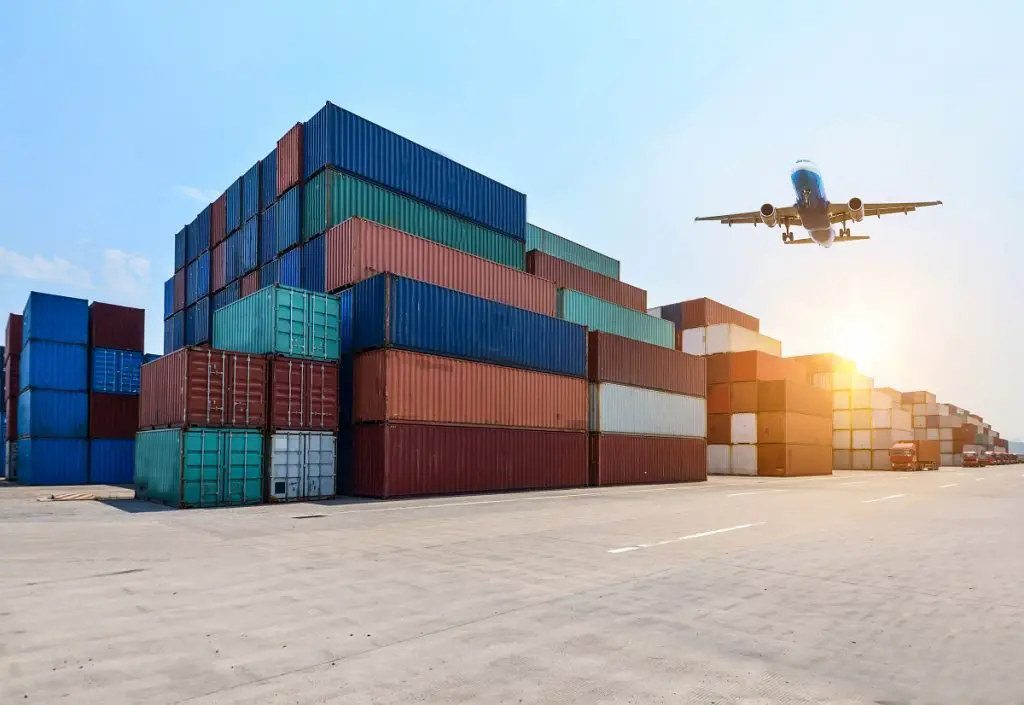African nations that have ratified the African Continental Free Trade Area (AfCFTA) will wait longer to meaningfully trade under the agreement since the July 1 date is not feasible.
The AfCFTA Secretariat has recommended to the AU Assembly of Heads of State to delay the trading date due to the current public health crisis and the need for some technical work to be concluded.
Africa’s economy was set to grow by about 3.4 per cent last year with projections that 2020 would do even much better at 3.9 per cent but the covid-19 pandemic has eroded this growth negatively impacting the continent’s trajectory.
Intra-regional trade could create 2 million new jobs for East Africa
The AfCFTA Secretary-General, Wamkele Mene, says that more than 53 per cent of Africa’s exports go to countries outside the continent particularly Europe. With the pandemic, these markets which have been badly hit have subdued Africa’s export markets.
“Our services sector is set to fall by between 20 per cent and 30 per cent, particularly travel and hospitality. We must find ways to mitigate the effects of the pandemic, but the primary focus, for now, is to save lives,” said Mene when he spoke to UN’s Africa Renewal Magazine.
Mene says that the secretariat is exploring ways of continuing with the technical work if the pandemic persists.
Due to the diverse nature of Africa’s languages, time zones and other factors, Mene adds that trade negotiations are very technical since they have to negotiate in four languages (English, French, Arabic and Portuguese).
The Secretary-General remains optimistic that the trade negotiations will be conducted as much as possible and if the pandemic continues, the secretariat will continue exploring other ways of advancing these negotiations.
In the short term and to avert a crisis spawned by the pandemic, the various Heads of State have agreed on establishing trade corridors enabling the transit of “essential goods” to help combat the pandemic.
Mene says that these products get priority transit through the borders, particularly in landlocked countries. In addition, the African ministers of trade are exploring the possibility of reducing duties on these essential products for affordability and accessibility to people as a temporary measure.
The long-term goal, however, is accelerating Africa’s industrial development which is important for reconfiguring the continent’s supply chains, establishing regional value chains and boosting the manufacturing of essential value-added products, he adds.
To ensure that no legal challenges arise with the opened borders, Mene says that there is a review of intellectual property rights enabling Africa to have a generic drug industry to ensure that there is access to affordable healthcare.
Ethiopia: Power shortage, mega-dam and a diplomatic tiff
And on the importance of the AfCFTA, Mene notes that many countries in Africa can only be saved by the implementation of the trade agreement since they do not have the monetary policy space and the fiscal policy ability to provide large bailouts for economic recovery.
This makes the AfCFTA the stimulus package through which increased intra-African trade will drive economic development post-covid-19.
The trade agreement will provide business opportunities enhancing industrialization in Africa in line with the AU’s Agenda 2063: The Africa We Want.
Covering a market of 1.2 billion people and a gross domestic product (GDP) of US$2.5 trillion, across all the 55 member states of the African Union, the agreement offers an unprecedented opportunity to realise the Africa rising sentiment.
As a highly dynamic market, Africa’s population growth projections show that it will reach 2.5 billion by 2050. This will comprise 26 per cent of the projected world’s working-age population then. As such, the economy is estimated that it will grow twice as rapidly as that of the developed world.
One of the barriers to intra-Africa trade is that average tariffs of 6.1 per cent meaning that businesses currently face higher charges when they export within Africa than when they export outside it.
The AfCFTA progressively eliminates tariffs on intra-African trade, making it easier for African businesses to trade within the continent and cater to and benefit from the growing African market.
By consolidating the continent into a single trade area provides great opportunities for businesses and consumers across Africa by creating the chance to support sustainable development in the world’s least developed region.
With digital trade, which is possible through mobile phones, businesses can access distant markets. Africa boasts of having one of the fastest-growing mobile phone penetration rates thus it becomes a question of leveraging technological innovations that already exist for trading.
The mobile phone trade is a key ingredient in enhancing the AfCFTA since even those in informal trade use mobile telephones for trading. To make it a reality, Mene adds, “We need to digitize our customs capabilities to make them seamless across the continent.”
Agriculture which remains the backbone of the African economy could also benefit greatly from the AfCFTA. Countries dependent on agriculture can gain from ensuring Africa’s growing population is food security.
With the trade agreement, the perishable nature of many agricultural food products means that they would get cleared faster which could help ensure that the customers would receive fresh produce delivered timely and in good condition.
